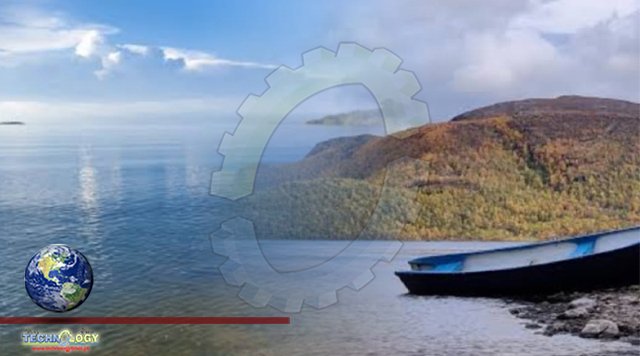Scientists discovered that some naturally-occurring lake bacteria grow faster and more efficiently on the remains of plastic bags than on natural matter like leaves and twigs. Their study included 29 European lakes.

The carbon compounds in plastic are broken down by bacteria and used as food for their growth. Enriching waters with particular species of bacteria could be a natural way to remove plastic pollution from the environment according to the researchers. The effect is quite apparent: when plastic pollution raised the overall carbon level in lake water by just 4% the rate of bacterial growth more than doubled. According to the findings, the plastic pollution in lakes is likely ‘priming’ the bacteria for rapid growth – the bacteria are not only breaking down the plastic but are then more able to break down other natural carbon compounds in the lake.
Lake bacteria were found to prefer plastic-derived carbon compounds over natural ones. The scientists believe this is because the carbon compounds from plastics are easier for the bacteria to break down and use as food. This does not condone ongoing plastic pollution, the researchers caution. This is because some of the compounds within plastics can have toxic effects on the environment, particularly at high concentrations. It’s almost like the plastic pollution is getting the bacteria’s appetite going. The bacteria use the plastic as food first, because it’s easy to break down, and then they’re more able to break down some of the more difficult food – the natural organic matter in the lake,” said Dr. Andrew Tanentzap in the University of Cambridge’s Department of Plant Sciences, senior author of the paper.
Source: This news is originally published by scitechdaily